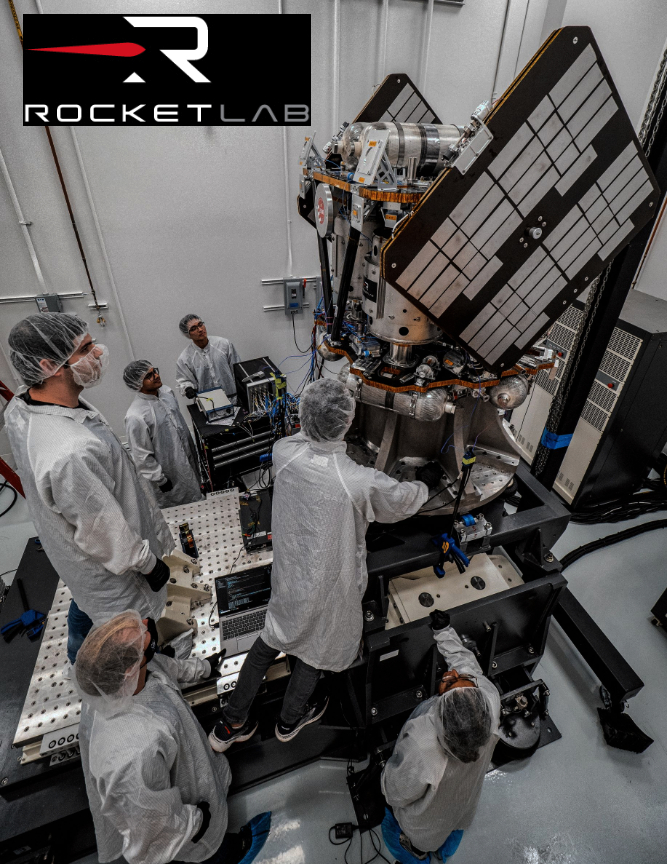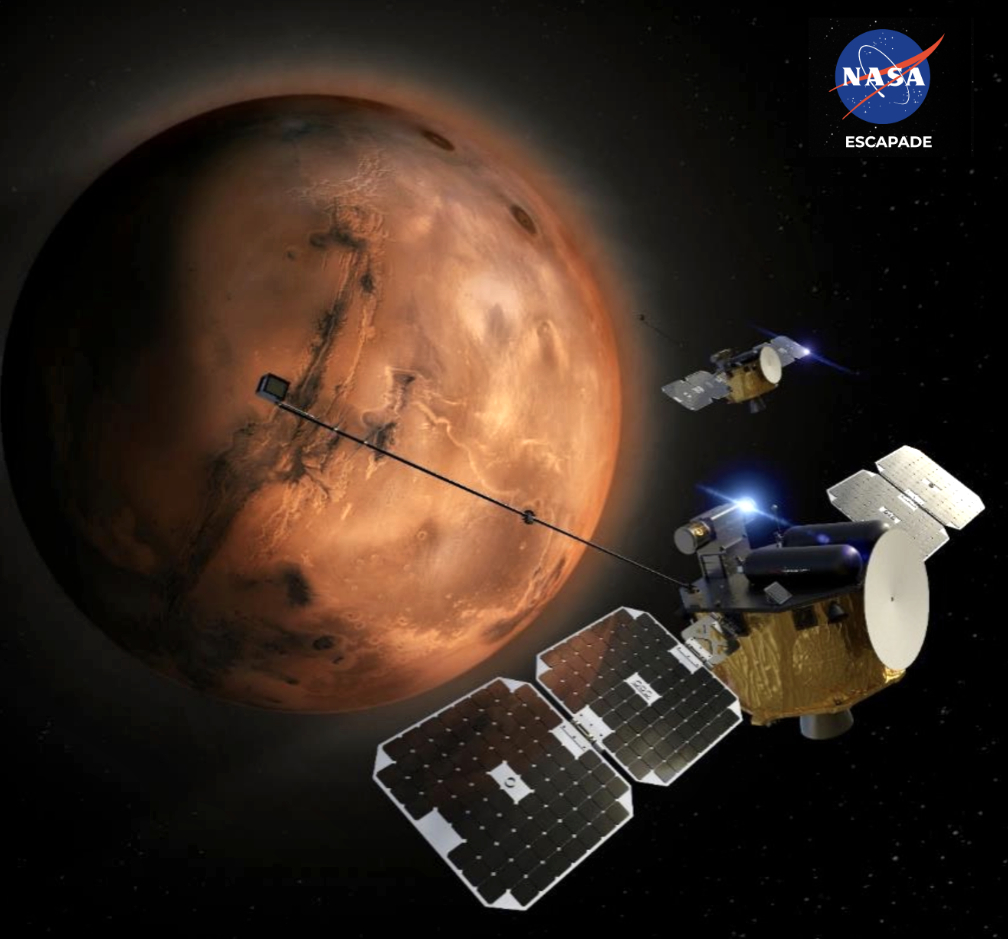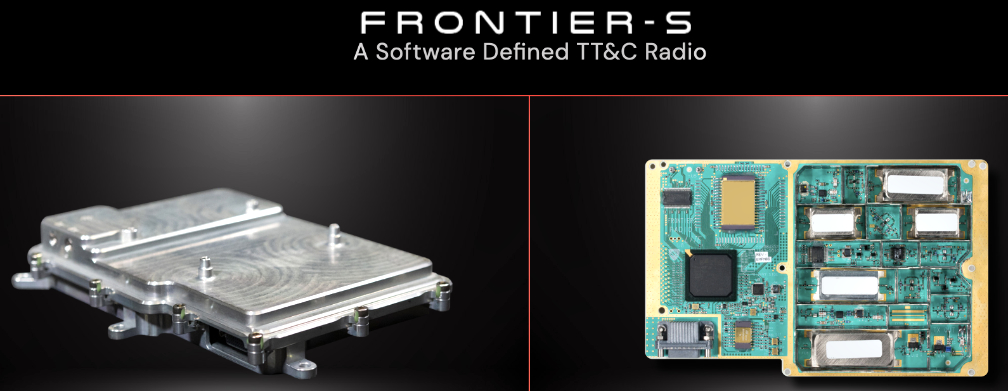
Rocket Lab USA, Inc. is building two spacecraft for NASA’s Escape and Plasma Acceleration and Dynamics Explorers (ESCAPADE) mission and the project has now entered the system integration phase in preparation for a planned launch in 2024.

The ESCAPADE mission, led by Dr. Rob Lillis at the University of California, Berkeley’s (UCB) Space Sciences Laboratory (SSL), is a twin-spacecraft, science mission that will orbit Mars to investigate the structure, composition, variability, and dynamics of Mars’ unique hybrid magnetosphere. The mission will explore how the solar wind strips atmosphere away from Mars to better understand how that planet’s climate has changed over time. Each spacecraft will carry an instrument suite that includes a magnetometer for measuring magnetic field, an electrostatic analyzer to measure ions and electrons as well as a Langmuir probe for measuring plasma density and solar extreme ultraviolet flux.
To ensure that the two spacecraft are ready for the harsh environment of space and their roughly 230-million-mile journey to the red planet, the Rocket Lab Space Systems team has successfully passed System Integration Review (SIR) and is proceeding with integration of the flight hardware in preparation for launch. Integration includes both the spacecraft bus with Rocket Lab-manufactured solar arrays, reaction wheels, star trackers, separation systems, radios, and flight software and the flight instruments being delivered from UCB and other mission partners.
In addition to a battery of functional tests to verify performance, the spacecraft are undergoing a full environmental test campaign, including vibration, thermal vacuum, and electromagnetic compatibility testing. The Company has also concluded RF compatibility testing with NASA’s Deep Space Network (DSN), which will communicate with Rocket Lab’s Frontier-X radios on both spacecraft and provide navigation services to the mission.


The ESCAPADE spacecraft integration and test is taking place at Rocket Lab’s advanced spacecraft development and manufacturing complex within the Company’s Long Beach headquarters. The facility includes a 12,000 sq. ft. cleanroom and 40,000 sq. ft. of production & test facilities designed to support constellation class manufacturing and satellite assembly, integration and test for commercial, civil and national security customers.
ESCAPADE is being developed under NASA’s Small Innovative Missions for Planetary Exploration (SIMPLEx) program in the Science Mission Directorate (SMD) and is the first Heliophysics mission to another planet. The mission is led by the University of California, Berkeley’s (UCB) Space Sciences Laboratory (SSL) with spacecraft provided by Rocket Lab.
The two spacecraft are planned for launch in 2024 to LEO aboard a Blue Origin New Glenn launch vehicle provided by NASA. Rocket Lab’s spacecraft will then perform the Mars transfer from Earth orbit, the 11 month cruise to Mars, and Mars orbit insertion before achieving a “string of pearls” orbit formation in advance of the science phase beginning in 2026.
“Reaching the flight integration phase for a new spacecraft is a significant milestone, especially for a complex interplanetary mission like this. Building on the successful delivery of a spacecraft to lunar orbit for NASA last year, it’s a privilege to be developing a spacecraft headed for deep space to perform Decadal-class science with our partners at UC Berkeley.” — Peter Beck, CEO and Founder, Rocket Lab
